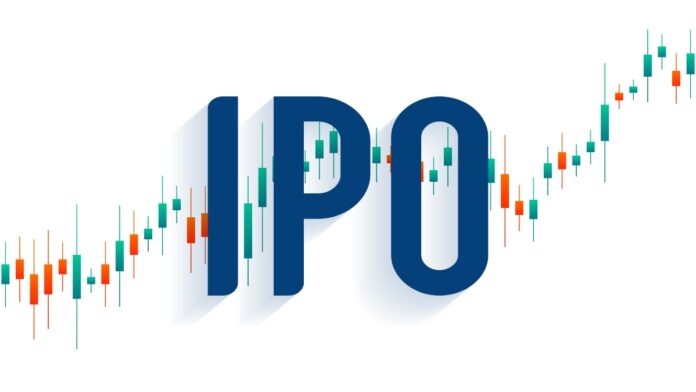The allotment for the Anya Polytech IPO, which closed on December 30, is set to be finalised today (December 31). If you applied for shares in this public issue, here is how to check whether you have been allotted shares or not.
The NSE BSE issue opened for subscription from December 26 to December 30, with a price band set between Rs 13 to Rs 14 per share. Following the allotment process, the shares of the company are expected to be listed on the NSE SME platform on January 2, 2025.
Steps to Check Anya Polytech IPO Allotment Status
– Via NSE
Visit the NSE IPO Allotment Status page.
Log in with your username and password. If you don’t have an account, you can easily sign up.
From the dropdown, select Anya Polytech and Fertilizers.
Enter your PAN details and application number.
Click submit to view your allotment status.
Also Read: Unimech Aerospace IPO debuts at 90% premium, listing above upper price band on BSE and NSE
– Via Skyline Financial Services
Go to the Skyline Financial Services website.
Click on the ‘Public Issue’ link on the homepage.
Select Anya Polytech and Fertilizers under the Check Application Status section.
You can check your status by entering either your DPID/Client ID, Application Number, or PAN.
After filling in the details, click search to see if you’ve received an allotment.
Anya Polytech IPO GMP – What Does It Indicate?
The grey market premium (GMP) of Anya Polytech IPO, as per the latest trend, is trading at a premium of Rs 7 today. This suggests an estimated listing of Rs 21 per share or a 50 per cent potential listing gain over the issue price.
However, it is important to note that the GMP price does not guarantee the actual listing price, as it is based on unofficial trading and speculative activity in the grey market.
» Read More


